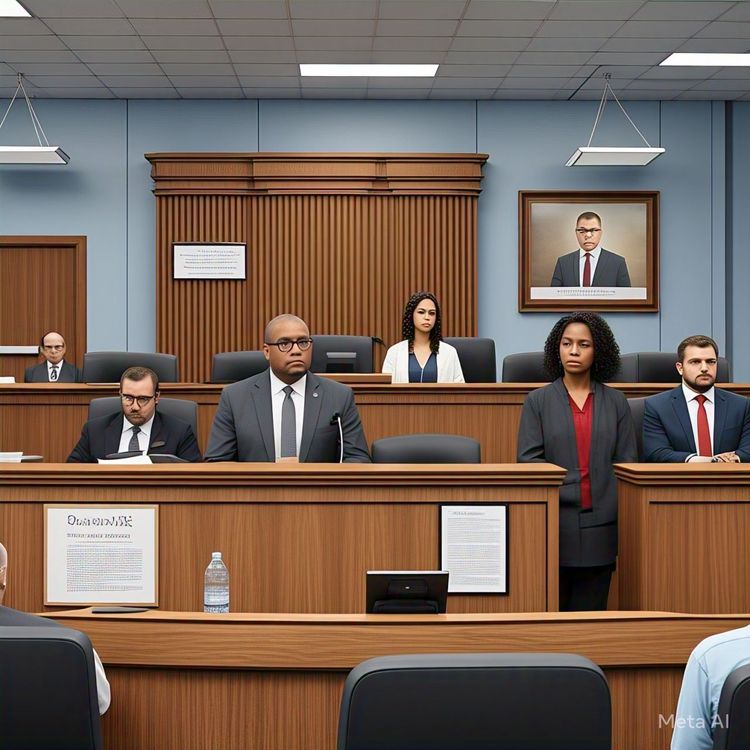Have you ever wondered what happens if you can't—or won't—show your ID when a peace officer asks? In this article, we'll explore Texas law on failure to identify, break down the penalties under Penal Code §38.02, review key updates from 2023, and offer practical tips for staying calm during a stop. By the end, you'll know your rights, how to respond to lawful requests, and strategies to avoid escalation. Ready to demystify the process? Let's dive in.
Legal Framework and Definitions
Texas law requires specific individuals to provide identification when asked by a “peace officer” during a lawful detention or arrest. That term covers municipal, county, and state officers—but it also includes licensed animal control officers in some scenarios. Understanding exactly when you must identify yourself starts with two core definitions: detention and arrest.
Texas Penal Code §38.02
Texas Penal Code §38.02(a) makes it an offense if a person, during a lawful stop, “does not give” their name, address, or date of birth when requested by a peace officer. It also prohibits providing false information.
- Class C misdemeanor: Refusal or failure to identify. Fine up to $500.
- Class B misdemeanor: Providing a materially false or fictitious name. Up to 180 days in jail and fines up to $2,000.
Recent Legislative Changes in 2023
Senate Bill 1551, effective September 1, 2023, clarified that “identification” may include electronic formats—think smartphone wallets or state-approved apps. Lawmakers also reinforced that officers cannot extend a detention solely on suspicion of failure to identify unless there’s independent reasonable suspicion of other criminal activity. That tweak helps curb unlawful, prolonged stops.
Role of Detention and Arrest in ID Requirements
A key question is: when does an officer have the right to ask for your ID? The answer hinges on whether you’re lawfully detained or under arrest.
- Detention: A temporary investigative stop based on reasonable suspicion of criminal activity.
- Arrest: Requires probable cause that you’ve committed an offense.
You only have to identify yourself in either scenario.
Rights During Police Encounters
It’s natural to feel on edge when a uniformed stranger approaches your car at night. Yet understanding your rights can make all the difference. You’re entitled to:
- Remain silent beyond basic ID information.
- Decline consent to a search of your person, vehicle, or home.
- Ask if you’re free to go once the officer’s purpose is complete.
- Document the officer’s name and badge number if you suspect a rights violation.
These protections flow from the Fourth and Fifth Amendments—and the Texas Code of Criminal Procedure reinforces them.
Understanding Reasonable Suspicion and Probable Cause
Reasonable suspicion is more than a hunch. It demands specific, articulable facts—like observing you commit a traffic violation or carrying an open container. Probable cause, the standard for arrest, requires facts that would lead a reasonable person to believe a crime has been committed. If your stop exceeds the scope of the original suspicion, it may become unlawful. That’s when courts may suppress any evidence obtained thereafter.
Practical Advice for Interactions with Law Enforcement
We’ve covered the black-letter law. Now let’s talk about real life. Imagine you’re late for work and a patrol car lights you up. Your heart pounds and your mind races. What should you do?
How to Respond When Asked for ID
When the officer asks, “Can I see your ID?”, reach slowly for your wallet. Keep both hands visible on the steering wheel until they tell you to move. Hand over your driver’s license or identification card promptly. If your license has expired, own up to it—lying only worsens the situation. A calm tone and respect can defuse tension faster than an attitude ever could.
Recognizing Unlawful Arrest
If an officer detains you without reasonable suspicion—say, they pull you over just because they “feel like it”—that may be unlawful. You might still want to provide ID to avoid immediate penalties, but you can challenge the legality later in court. Remember: a traffic stop must be tied to a traffic violation, equipment issue, or clear signs of wrongdoing.
Strategies to Avoid Escalation
Tone and body language speak volumes. Try to:
- Stay calm even if you feel the stop is unfair.
- Use polite language—“Yes, officer” goes a long way.
- Avoid sudden movements or reaching into locked compartments.
- Ask clarifying questions—“Am I being detained, or am I free to go?”
If you suspect bias or rights violations, focus on details: badge numbers, patrol car ID, and time of day. File a complaint later rather than argue in the moment.
Conclusion
Navigating a police stop can feel like walking a tightrope. Knowing the laws on failure to identify—especially under Texas Penal Code §38.02—and the penalties that follow puts you in the driver’s seat. Recent updates have modernized ID methods and limited unlawful detentions. Your best defense is staying informed, keeping your cool, and exercising your rights with respect. Next time the lights flash behind you, you’ll be ready.




